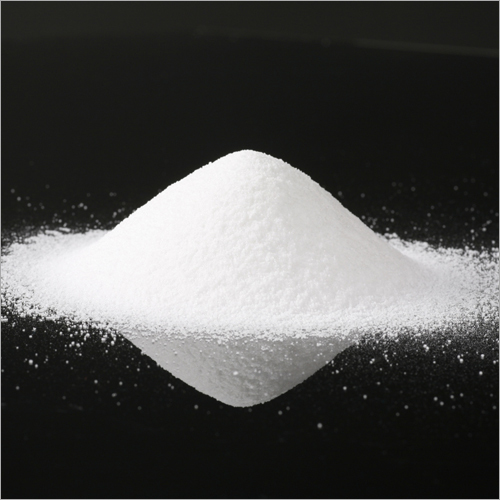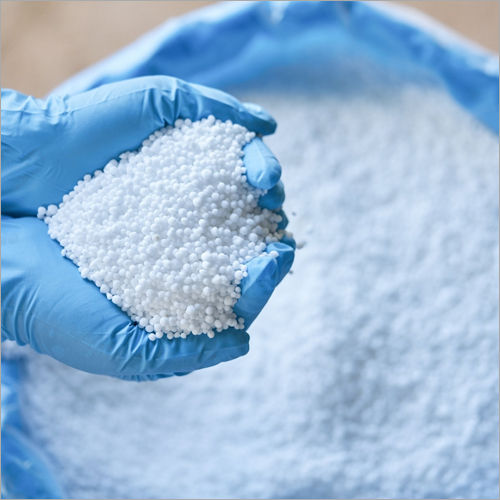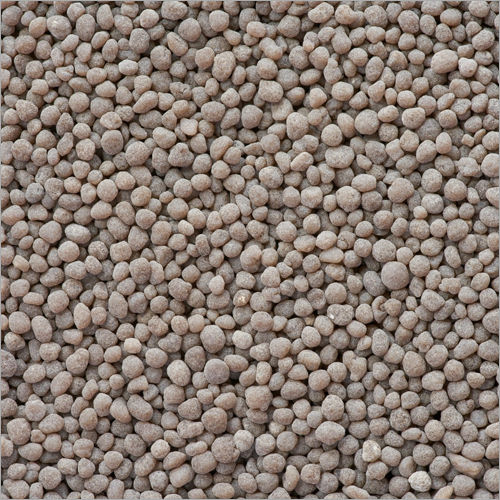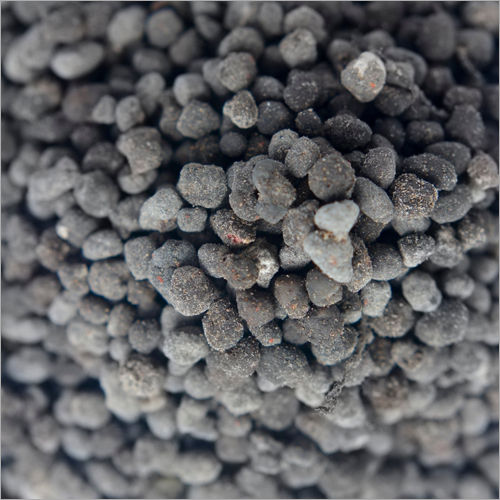
Ammonium Sulphate
Product Details:
- Type Ammonium Sulphate
- Physical State Powder
- Application Industrial
- Color White
- Click to view more
Ammonium Sulphate Product Specifications
- Powder
- Ammonium Sulphate
- White
- Industrial
Product Description
Ammonium Sulphate, also referred to as diammonium sulphate or sulfuric acid diammonium salt, is a crystalline white solid with a salty taste and no smell. Water dissolves the compound easily, but alcohol and acetone do not. Due to its ability to absorb water, any damp surfaces will develop scabs. (NH4)2SO4 is the chemical formula for ammonium sulphate. The reaction between ammonium sulphate and alkaline substances produces ammonia gas.
FAQs
1. What is ammonium sulfate?
Ammonium sulfate is a white crystalline inorganic salt composed of ammonium and sulfate ions. It is a common fertilizer used in many agricultural applications to provide essential nutrients for plants.
2. How does ammonium sulfate work?
Ammonium sulfate provides essential nutrients for plants, such as nitrogen and sulfur. When applied to soil, the ammonium portion of the compound is quickly absorbed by plant roots and converted to nitrate, a form of nitrogen that is readily available to plants. The sulfate portion of ammonium sulfate is also absorbed by plant roots and used as a source of sulfur.
3. What are the benefits of using ammonium sulfate?
Using ammonium sulfate as a fertilizer can be beneficial for a few reasons. It is a cost-effective way to provide both nitrogen and sulfur to crops, which are essential for healthy plant growth. Additionally, ammonium sulfate is not prone to leaching, meaning it stays in the soil and can be used for longer periods of time.






